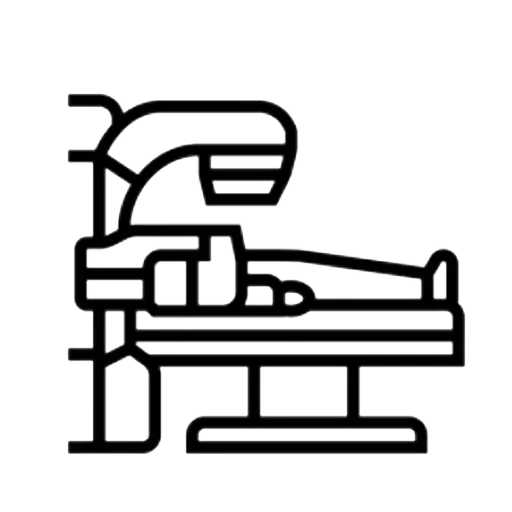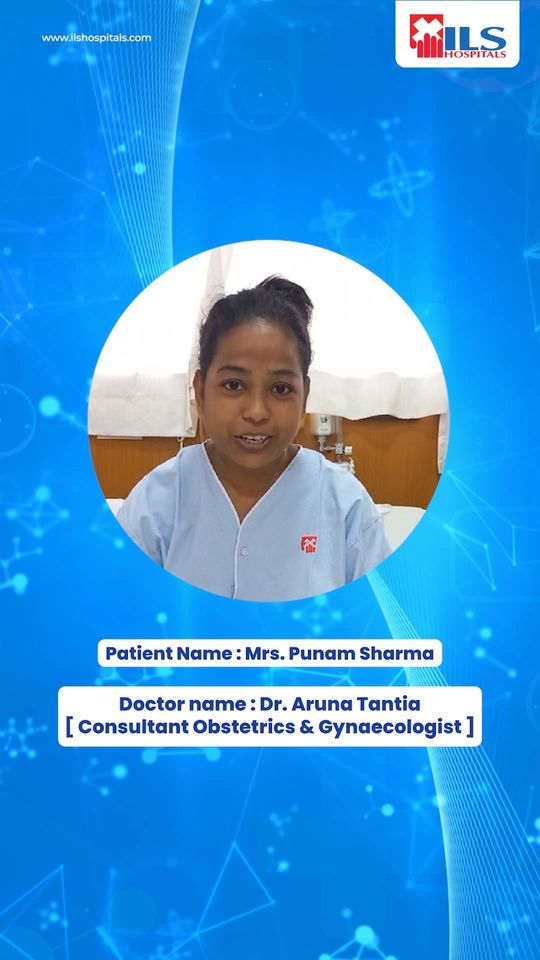Chemotherapy
Chemotherapy is one method of cancer treatment. Also known as “chemo,” it is one of several cancer treatments that employ medicines to combat various types of cancer. Other medication treatments include:
- Hormone therapy: Drugs that prevent certain cancers from receiving the hormones they require to grow.
- Immunotherapy: Drugs that assist your immune system in combating cancer.
- Targeted therapy: Drugs that change how cancer cells multiply and behave.
A medical oncologist oversees the treatment. These healthcare professionals specialize in chemotherapy and other cancer-fighting medications. Chemotherapy may be used alongside surgery or radiation therapy to treat cancer.
How does chemotherapy work?
Cancer cells expand and divide uncontrollably. Chemotherapy eliminates cancer cells and keeps them from replicating. Your oncologist may use chemotherapy in a variety of ways.
- Adjuvant therapy: Chemotherapy kills cancer cells after surgery or radiation therapy.
- Curative therapy: Chemotherapy eradicates the cancer and prevents it from coming back. It may also involve radiation and surgery.
- Neoadjuvant therapy: Chemotherapy shrinks a tumor prior to surgery or radiation therapy.
- Palliative therapy: Chemotherapy shrinks tumors and relieves symptoms, but does not cure cancer.
Procedure Details
Learning as much as you can about your treatment ahead of time will help you prepare for changes during chemotherapy. Your oncologist will undertake tests to determine that you are healthy enough to receive treatment. In the interim, you can prepare for chemotherapy.
- Learn all you can about your treatment.
- Plan for side effects.
- Visit a dentist.
- Ease financial stress.
- Make arrangements at work.
- Have a treatment routine.
During treatment
Your experience will be determined by how your oncologist administers the chemotherapy drugs. Chemotherapy is usually systemic, which means that the chemotherapy medicine circulates throughout your entire body. You may get systemic chemotherapy:
- Intravenously (IV), or through a vein as an “infusion.” The majority of patients receive chemotherapy through an IV.
- As an injection or shot.
- Orally, as a pill or liquid to swallow.
- Topically, as a cream that you apply to your skin.
Some tumors do not respond well to systemic chemotherapy. In some situations, you may require chemotherapy administered to a specific location of your body. Examples include:
- Intra-arterial chemotherapy: administered through a single artery that feeds blood to a tumor.
- Intracavitary chemotherapy: administered directly into a bodily cavity, such as the bladder or stomach. One method is hyperthermic intraperitoneal chemotherapy (HIPEC). It administers hot chemotherapy to your abdomen following surgery.
- Intrathecal chemotherapy: Enters the space between your brain and spinal cord.





























